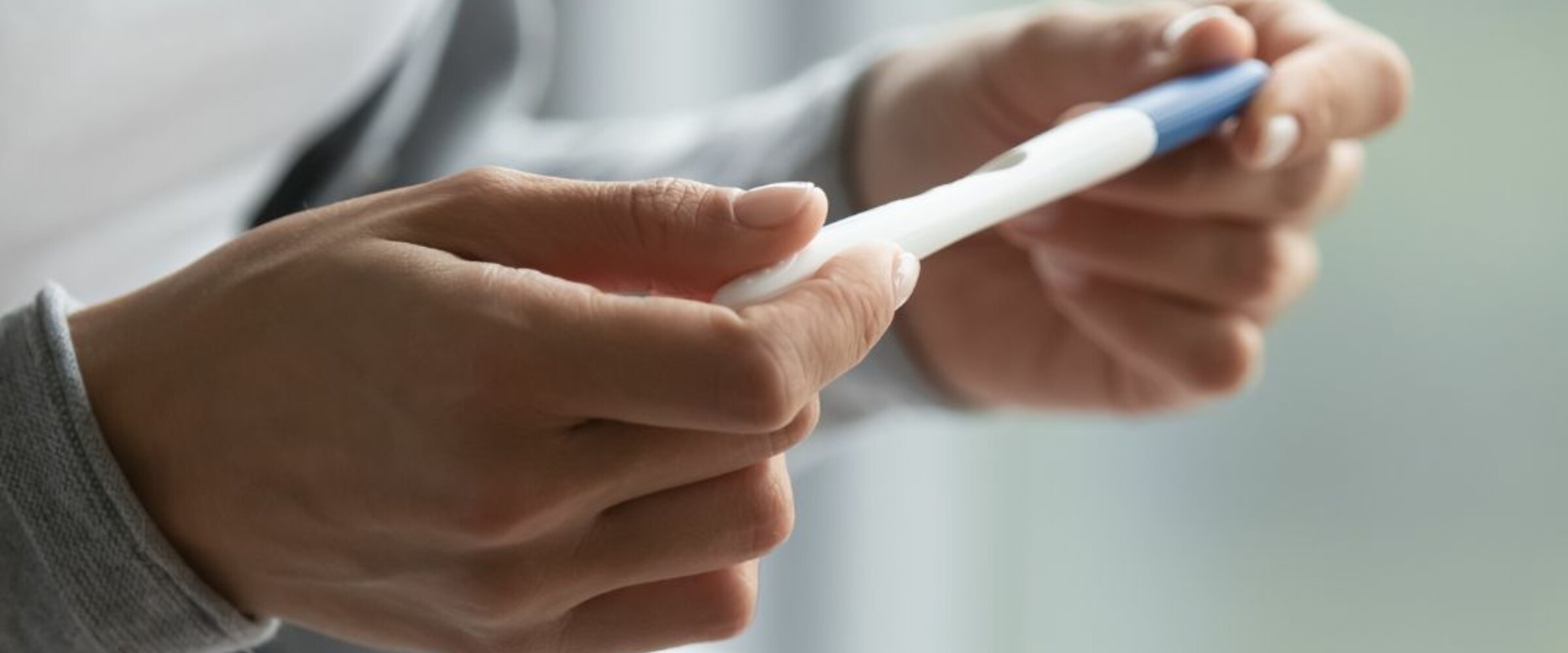
An introduction to Ovulation Induction
Regular ovulation is associated with normal regular menstruation. If you have irregular periods, occasional periods, or no periods it may mean you have an ovulation issue. If you have an ovulation issue and are trying to conceive, you may require medication to induce normal follicle (where eggs grow to maturity) development and regular ovulation.
Ovulation induction is a minimally invasive fertility treatment and is often used as the first step for people seeking help to fall pregnant.
What is ovulation?
When couples are trying to fall pregnant naturally, about once a month (if the women’s cycles are regular) she releases an egg or ovulates. Ideally, a few days before ovulation, the couple have unprotected intercourse. Hopefully, the sperm makes it to the egg, and they fall pregnant. That’s the natural process, however, isn’t always as easy as this.
What is ovulation induction?
Ovulation induction is a minimally invasive treatment and can be a good early intervention option if you don’t have regular periods. With ovulation induction, our goal is to help you fall pregnant naturally.
We facilitate ovulation with medication when the egg is released. Then as fertility specialists, we can also help track that process through regular ultrasounds. We can give advice on when the best time is to have unprotected intercourse around the time the egg releases.
Who is a candidate for ovulation induction?
Due to different medical causes or hormone imbalances, some women don’t ovulate regularly. If you don’t ovulate at all, or if you don’t release an egg when you’re trying for pregnancy, there’s no chance of conception. Ovulation timing is critical to falling pregnant.
Ovulation induction may be the best choice if you:
- don’t have a regular menstrual cycle
- don’t have periods at all (in premenopausal patients)
- have healthy fallopian tubes
What medications are used for the treatment?
Different types of medication are appropriate for different women depending on the cause of the inability to ovulate. Some women can ovulate just on tablets alone. In contrast, some women require injection medication that they can take at home themselves.
Medications used in ovulation induction can include:
- Letrozole - An oral medication used to induce ovulation in women who do not ovulate on their own by encouraging the body to produce more follicle stimulate hormone (FSH). Most commonly used if a woman has irregular or prolonged menstrual cycles.
- Follicle stimulating hormone (FSH) - Hormone injections of FSH can be used to stimulate development of dominant follicles that develop in the ovary. Another hormone, hCG, may be used in injection form to trigger ovulation once the follicles have developed.
What is the process for ovulation induction?
Usually, ovulation induction takes about a month to complete, just like a natural cycle. Some people are longer, and some people shorter.
Whether they fall pregnant or not also depends on a host of other factors like if their fallopian tubes are intact and patent, whether the sperm has a normal function, and whether the uterus has normal anatomy.
Suppose all else is equal, and the only thing stopping them from falling pregnant is the inability to ovulate. In that case, all we need to do is help them ovulate. They can essentially try to fall pregnant, as close to the natural process as possible, so not everyone needs IVF.
To learn more about how to regulate your cycle or the simple treatment of ovulation induction and the costs involved, please call 1800 111 483.
